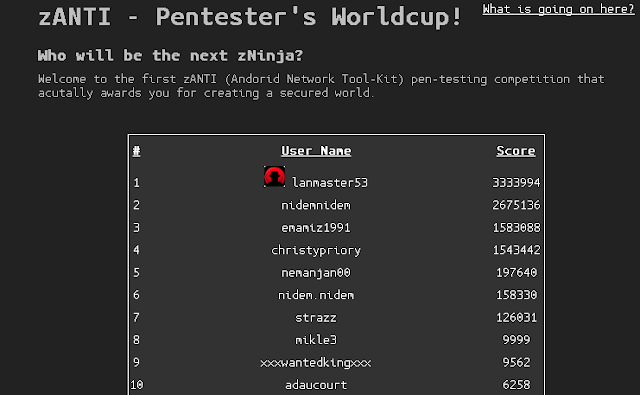For many years, mobile security experts have been fighting an uphill battle against malware, which has been steadily and dramatically increasing in both volume and sophistication. Well, NQ Mobile's Mobile Security Research Center, in collaboration with North Carolina State University disclosed a new way to detect mobile threats without relying on known malware samples and their signatures.
"In the current scenario malicious software is present in the market place, ready to create havoc as soon as it is downloaded onto a device. Malware is discovered only after it has done irreversible damage. Existing mobile anti-virus software are inadequate in their reactive nature by relying on known malware samples for signature extraction. RiskRanker crushes the mean motives of the culprit by detecting any malicious content while it is still in the app market."
RiskRanker is a unique analysis system that can automatically detect whether a particular app exhibits dangerous behavior. It differs from other malware tools by identifying apps with risky behavior while they are in the app market and before they make their way to a user's phone.
"RiskRanker employs a unique two-step method of discovering malware," said by NQ Mobile's Vice President of Research, Dr. Simon Shihong Zou.
In a trial run earlier this year RiskRanker scanned over one hundred thousand apps from a variety of marketplaces that provide Android applications and identified 718 malware threats, including 322 zero-day threats. "The development of RiskRanker is another demonstration of NQ Mobile's leadership in mobile security and privacy," said NQ Mobile Chief Product Officer, Gavin Kim.





























